WEST WALES is responding to growing pressures on the NHS and social care with new tech-enabled community support for older people and those with care or health needs at home – reducing social isolation and avoiding hundreds of ambulance callouts during the pandemic.
Launched two weeks ahead of the first UK-wide lockdown in March 2020, it is the first project of its kind in the UK. The widespread rollout of digitally supported care has connected over 1,800 vulnerable people to preventative care, with more than 18,500 proactive wellbeing calls made in just 3 months of the first lockdown and many more since.
Inspired by a technique used in Spain – a global leader in telecare – the ambitious CONNECT project, is run by Carmarthenshire County Council’s Delta Wellbeing team. It is working with technology-enabled care specialist Tunstall Healthcare to identify potential health and wellbeing issues at the earliest opportunity and provide care and support where and when it is needed most. Supporting technology includes easy-to-use video calling, Lifeline emergency alarm systems, fall detectors, GPS tracking and 24/7 access to the appropriate community response service.
Running across Carmarthenshire, Ceredigion and Pembrokeshire, since its launch it has:
- Assessed the needs of over 1,800 people living in the community thorough the CONNECT service to develop a personalised support package, helping them to live independently at home
- Supported more than 8,500 people shielding during national lockdown – ensuring they had access to food, virtual social contact and emergency assistance
- Responded to 1,646 call outs, with fewer than 100 of these (6%) needing escalation to emergency services (requiring an ambulance). Elderly falls account for 10% of all 999 calls to the Welsh Ambulance Service1.
- Sent rapid response community teams to help 529 people who had a fall at home – with 97% of all calls attended to within 60 minutes. Without the service, they would have had to wait for an ambulance.
Crucially, it is easing pressure on the NHS by identifying patients who could stay in their own home. By working with clinicians, it can also speed up a patient’s discharge from hospital by ensuring that the right support package is in place, freeing up valuable bed spaces for acute cases and reducing the risk of hospital-acquired infection.
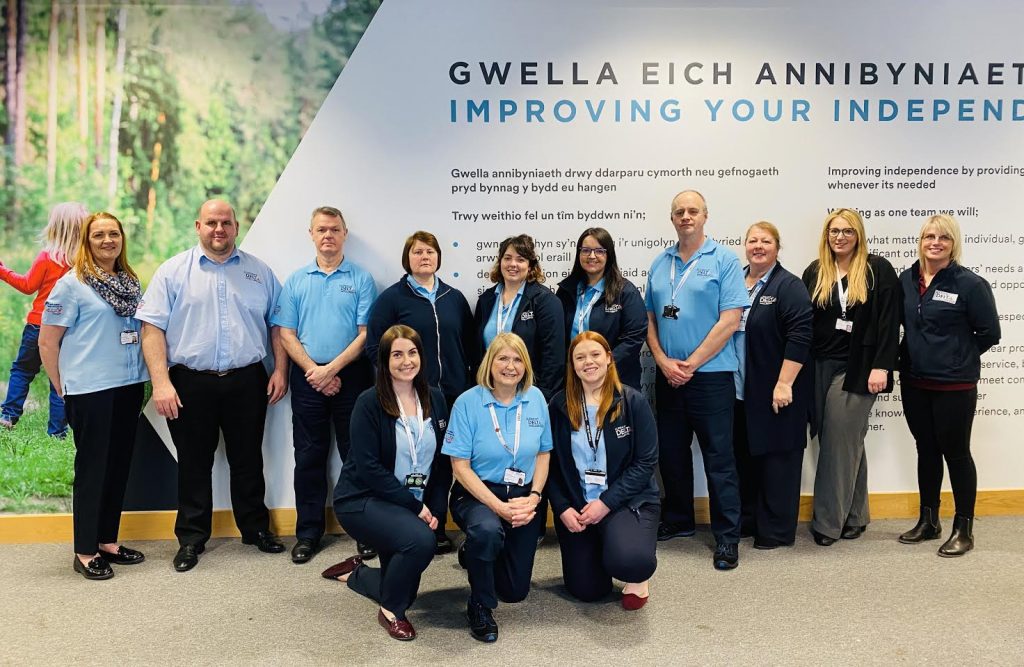
CONNECT service user, 82-year-old Rex Greenwood Jones said: “I’d been in hospital for four months and was really down in the dumps. It really helped when I spoke to Louise (community wellbeing officer). She brought me back from the depths of despair.
“I can’t speak highly enough of CONNECT. Knowing that there was someone at the end of the phone for me was a lifeline and was so reassuring for my family as well.”
The project has been supported by the Welsh Government’s Transformation Fund through the West Wales Care Partnership Board – bringing together Carmarthenshire, Ceredigion and Pembrokeshire County Council’s, Hywel Dda University Health Board and representatives of the third and independent sectors.
The region has a high number of older people, with one in ten (10.3%) over 75, versus the 8.9% Welsh national average.
Cllr Jane Tremlett, Delta Wellbeing Governance Board Chair said: “People have become more isolated through the pandemic and have really benefitted from having a call from someone, just checking in to see how things are. This preventative, community-focused approach has been well received across the region – and helped to ease pressure on NHS and social care services at a critical time.
“This type of proactive tech-supported care has never been fully established at scale in the UK. The model of care that works so well in Spain, and specifically Barcelona, couldn’t be replicated here exactly as our health and social care systems are very different – so we learnt from their experience and invested time and research to adapt their proven approach so that it could work well for or our communities.”
Community Wellbeing Officer for Delta Wellbeing, Louise Rudall, said: “I’ve worked in the care sector for many years and it’s great to be part of the development of this new approach, which is making such a massive difference to people in our community.
“You’ve only got to listen to people’s stories and experiences to understand the impact it’s having – helping people to remain independent in their own homes, as well as supporting their wellbeing during the Covid restrictions. I genuinely believe this kind of tech supported care is the future.”
Gavin Bashar, Managing Director UK & Ireland of Tunstall Healthcare – a global leader in technology enabled care and health solutions – said: “The way technology is used to support health and social services is changing – it’s playing a much more preventative role, helping to avoid emergencies and supporting health and wellbeing. Global studies have found that this approach to technology-supported care can play a significant role in helping people to stay independent in their own homes for longer.”
One service user, 94-year-old Nancy has been using the Lifeline pendant for a few years to enable her to safely live in her own home, but in April 2020, at the start of the Covid-19 lockdown, her daughter-in-law Catherine jumped at the chance to access more services from Delta CONNECT to help her stay in touch with her family.
Catherine said: “The service really has been a godsend for three generations of our family. When Delta provided a tablet, my mother-in-law was apprehensive and unsure as to how she’d get on with it – but it didn’t take long! It’s been so positive for her and for us.”
There are now plans to use the approach in other areas of Wales.
To download the full project report, visit: Delta Wellbeing – The CONNECT Project: Proactive Technology Enabled Care



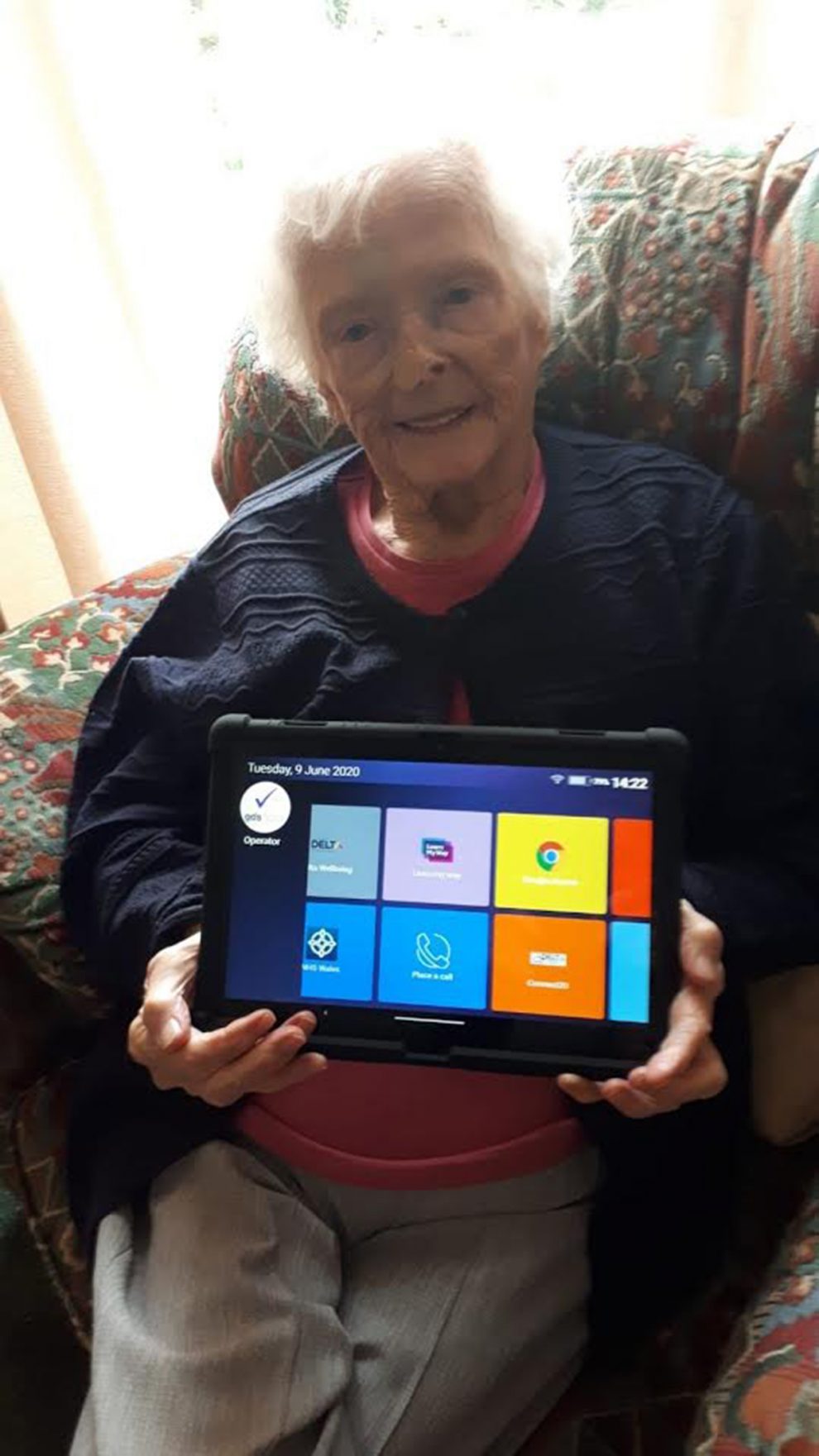




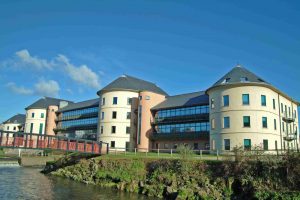
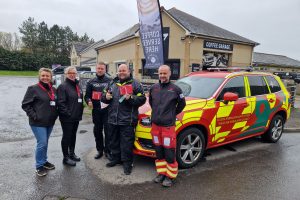








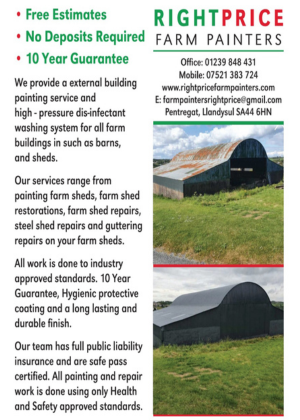

Add Comment